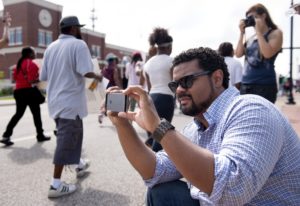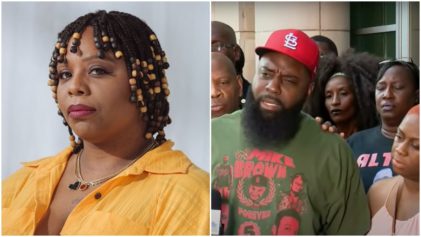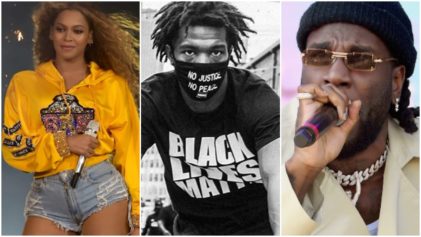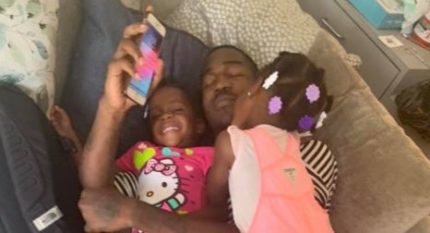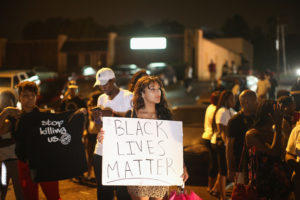
Despite many people proclaiming that more Black representation was needed in communities like Ferguson and St. Louis, there has been a stunning lack of Black candidates entering St. Louis elections.
St. Louis is preparing to kick off the political race for seats on the Board of Alderman, St. Louis’ legislative body, but so far there are still multiple majority-Black districts that have no Black contenders to represent them.
“If Ferguson taught us anything, it is the importance of having representative government,” St. Louis Alderman Antonio French tweeted. “Accountability and fairness come from that. Don’t feel like you’re being represented? Step up. Run for office.”
French became a prominent voice even outside of the St. Louis community after he took to social media to provide constant, raw updates from Ferguson following Brown’s death in August.
During his attempt to keep his followers updated on what was happening in the community, he was arrested.
Why he was arrested still remains unclear even after The Washington Post called the Ferguson jail and police department prying for answers.
Officials refused to release any information about his arrest.
French has remained adamant about using social media to bring community issues to light, and the upcoming elections are no exception.
French tweeted that Ward 20 and Ward 6 still had no Black candidates as of Tuesday morning, but both districts have a majority Black population.
The lack of diverse representation is something that is sweeping the entire state of Missouri.
In Ferguson, a city where Black people make up nearly 70 percent of the population, there is only one Black city councilman.
The entire state has only 17 Black legislators out of a whopping 199 seats.
This means Black people make up roughly 9 percent of the legislative body despite the fact that they make up about 12 percent of the state’s population.
Unfortunately, protesters are now learning more about the challenges they will face as they continue to seek equality.
One of those challenges will be overcoming gerrymandering that has already plagued Black communities throughout Missouri.
The “white Democrat power structure” in St. Louis has already “gerrymandered districts to preserve power in a city where the north and south sides are virtually segregated,” the International Business Times reported.
This occurrence “makes it tougher for a neophyte to come on the scene.”
“That’s not going away,” said Gregg Keller, a Republican political consultant and founder of the St. Louis-based Atlas Strategy Group, to the IB Times. “There haven’t been people who have come out of nowhere to political prominence. There’s a new reality to Ferguson where there’s leaders with new clout. But they will run into the white South Side power structure that puts up a white candidate from the South Side of the city.”
A former Democratic political consultant based in St. Louis and current lobbyist explained that St. Louis has always posed high barriers to entry for political newcomers.
“St. Louis as a whole is very provincial, so people have been here a long time and it’s hard for newcomers to break through,” Irl Scissors said. “Antonio French is an example of someone who has broken through those old-school barriers.”
Of course, cases like French are rare, but the push to create a more diverse legislative body in communities like St. Louis will never heed any real results if some Black would-be candidates aren’t at least willing to try.
